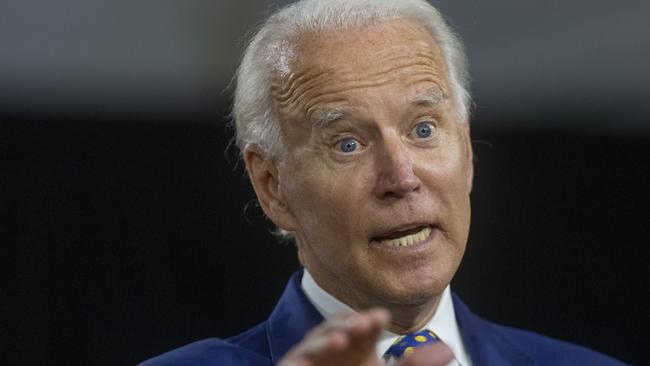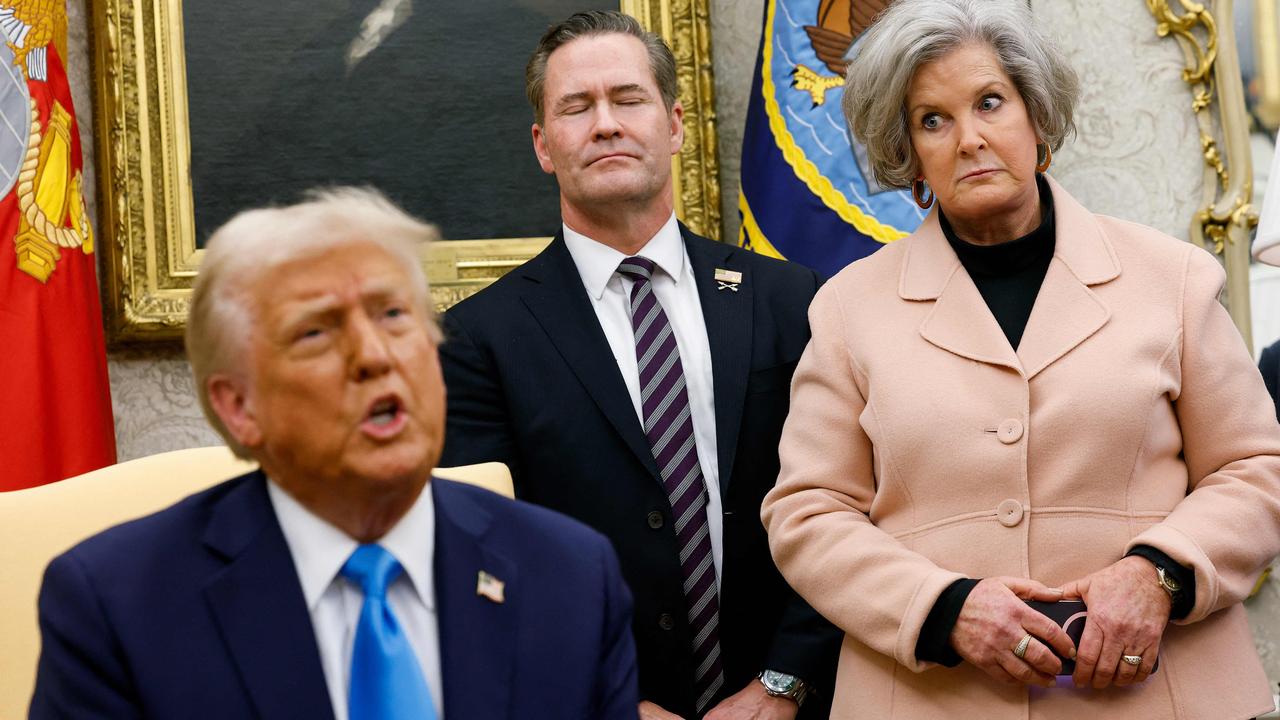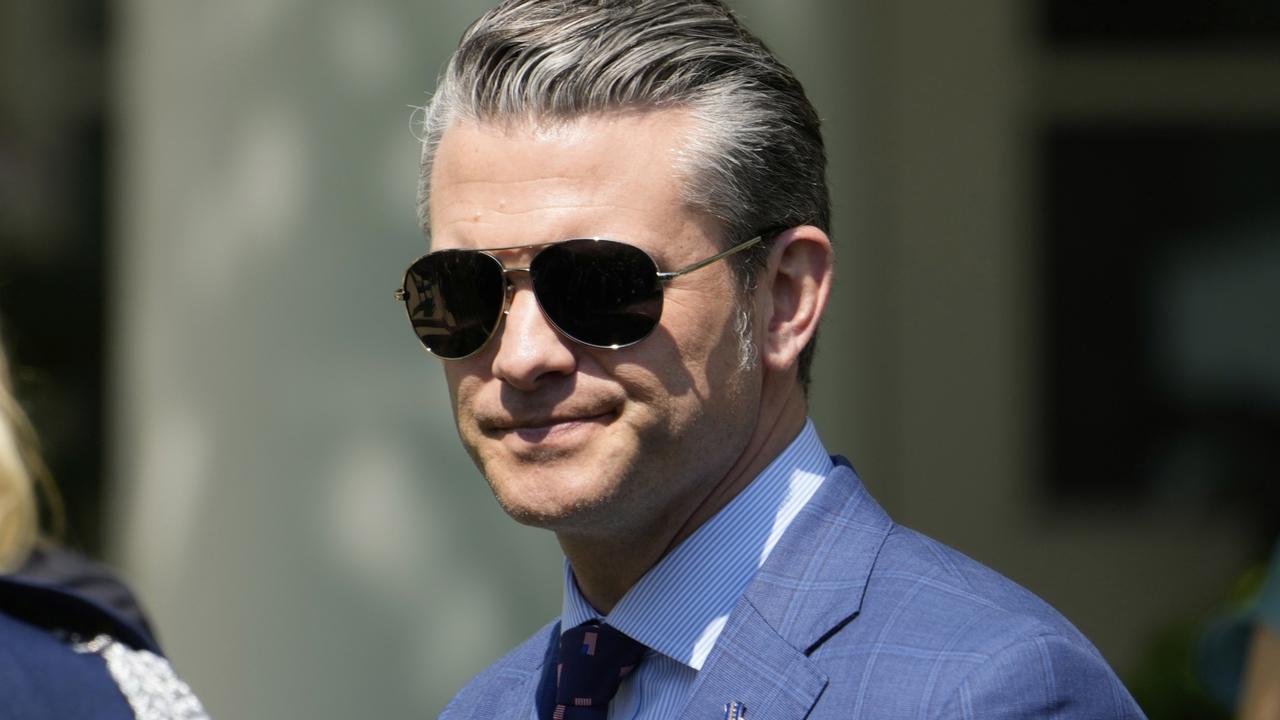Five China questions for candidate Biden
Handling the rapidly deteriorating ties between China and the US is the most important issue facing the country and the world in the coming years.

Let us take a step back — OK, make that several big steps back — from the sounds and fury of this summer and take note of what should be obvious: the most important issue facing the US and the world in coming years is the rapidly deteriorating relationship between the two most powerful nations on the planet, China and America.
If not for the coronavirus, George Floyd, conflicts in Portland, a Depression-like economic slide, and a president suggesting delaying a national election, the question of whether we are headed into a new, decades-long Cold War would be dominating the campaign-season conversation. Instead, it is a footnote.
So, China needs more attention. Voters can at least see how President Donald Trump is handling this relationship based on his actions in office, and on his increasing demonisation of China on the campaign trail, and draw their own conclusions.
It’s harder to gauge how Democrat challenger Joe Biden would address the most important strategic issue he would face as president — and therefore more important that voters hear his views. Biden is, after all, leading the race now, and has a good chance of having his hands on the levers of this relationship.
So far Biden has talked about China in general terms, and advisers say he will continue to do so. His main message is that Trump has badly mishandled the China portfolio, creating new tensions without earning real changes in Chinese economic or security behaviour.
Biden has called for policies that encourage US companies to bring manufacturing of critical supplies back from China, and in a recent piece in Foreign Affairs magazine called China “a special challenge”. He noted his time spent with Chinese leaders while vice-president as a sign of his expertise, cited a need to “get tough with China”, stressed the need to work with allies, and argued for continuing to seek
co-operation with Beijing in areas where interests converge such as climate change, non-proliferation and global health.
Yet that leaves a lot of important questions still hanging about how he might reset the relationship. Here are five:
Will you stick with the Trump tariffs on China?
Trump has made tariffs the principal lever for exerting pressure on China, even at the cost of some pain to the American economy as China retaliates.
The tariffs were supposed to produce a broad long-term trade deal with China, but that isn’t going to happen before election day. So, do the tariffs stay or go?
Will you revive the Trans-Pacific Partnership?
Ditching the Asian-American trade pact is at odds with the goal of containing China’s expanding influence. The accord excludes China and would create an alternative economic alliance with friendly nations that want to offset Chinese power. Yet Trump dropped it.
Biden, after pushing for its creation during the Obama administration, said during the primary season that he would insist it be renegotiated. Would that be a Biden administration priority, despite antipathy toward the pact by the Democratic left?
What, if anything, can be done to reverse China’s militarisation of the South China Sea?
China’s territorial claims, and
its moves to build out the artificial islands it has created, proceeded steadily when Biden was serving as vice-president in the Obama administration. Despite bluster on the subject, Trump has found no formula to turn that around.
If there is going to be something other than capitulation on this front, the US will need to take a firm stance alongside allies. But the most important of those allies — South Korea and Japan — are deeply invested in China’s economic success and wary of making big waves. Perhaps it’s already too late.
Can more be done for democracy-seekers in Hong Kong and Muslims in Xinjiang?
China’s imposition of its own security system in Hong Kong seems to have ended forever Hong Kong’s special status as a colony with some measure of independence.
Similarly, its suppression of Muslim minorities in Xinjiang seems to be a firm statement that they will never enjoy religious and cultural freedom. In response, the Trump administration has said it no longer will grant any special economic status to Hong Kong, and has imposed sanctions on Chinese officials over their actions in Xinjiang.
Are those the right steps,
and are they enough — or does the US simply have to accept China’s actions as a fait accompli? And how would a Biden administration assure Taiwan it won’t be the next Hong Kong?
Should the US insist that China be part of any strategic arms deals negotiated with Russia?
Given China’s rise as a military power and geopolitical rival, the Trump administration has been arguing that it has to be included alongside Russia in future strategic agreements. The logic
is clear, though that also
could delay or even destroy chances of renewing a deal with Russia.
The Wall Street Journal



To join the conversation, please log in. Don't have an account? Register
Join the conversation, you are commenting as Logout